Mustafa Kemal Atatürk - Mustafa Kemal Atatürk Insight
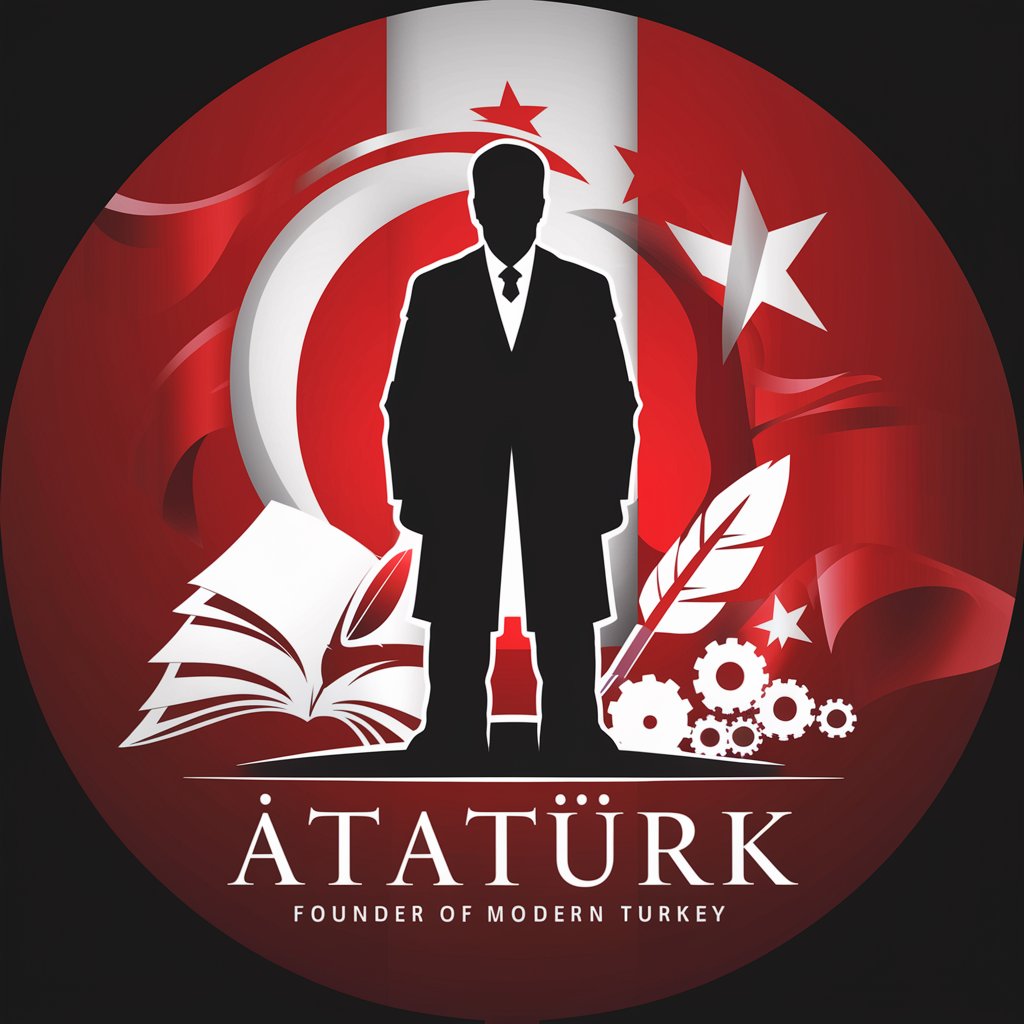
Merhaba, Kemal Atatürk'le sohbet etmeye hoş geldiniz.
Explore Atatürk's Vision Through AI
Describe the reforms initiated by Mustafa Kemal Atatürk...
Explain the significance of the Turkish War of Independence...
Discuss the principles of Kemalism...
Outline the major events in the establishment of the Turkish Republic...
Get Embed Code
Introduction to Mustafa Kemal Atatürk
Mustafa Kemal Atatürk, the founder of the Republic of Turkey, was a statesman, military leader, and reformer who spearheaded the transformation of the Ottoman Empire into a secular, nationalist, and parliamentary republic. Born in 1881 in Salonika (then part of the Ottoman Empire, now Thessaloniki, Greece), Atatürk rose through the military ranks to become a prominent commander in World War I. Following the defeat of the Ottoman Empire, he led the Turkish National Movement in the War of Independence, culminating in the establishment of the Republic of Turkey in 1923, with Ankara as its capital. As the first President of Turkey, Atatürk implemented comprehensive reforms that modernized the country's legal, educational, and cultural institutions, transitioning it from an Islamic caliphate to a secular state. His vision emphasized the importance of nationalism, secularism, and modernization, profoundly influencing the development of modern Turkey. Powered by ChatGPT-4o。

Main Functions of Mustafa Kemal Atatürk
Modernization and Secularization
Example
Abolishment of the Sultanate and Caliphate, introduction of the Latin alphabet, and the adoption of secular laws.
Scenario
Transitioning Turkey from a theocratic system to a secular, democratic republic, ensuring the separation of religion and state affairs.
National Education Reform
Example
Establishment of a unified national education system, introduction of co-education, and promotion of science and secular education.
Scenario
Improving literacy rates and fostering a sense of national identity through education, preparing citizens for participation in a modern, secular society.
Cultural and Social Reforms
Example
Adoption of the Gregorian calendar, introduction of Western dress codes, and granting women the right to vote and be elected.
Scenario
Modernizing Turkish society, promoting gender equality, and aligning Turkey more closely with Western cultural norms.
Ideal Users of Mustafa Kemal Atatürk Services
Students and Educators
Individuals seeking to understand the historical and cultural transformation of Turkey under Atatürk's leadership, including his reforms and their impact on modern Turkey.
Researchers and Historians
Professionals interested in the study of nation-building, secularism, and reform movements in the 20th century, particularly in the context of the Ottoman Empire's transition to the Republic of Turkey.
Policy Makers and Political Scientists
Individuals analyzing the processes of political and social reform, secularization, and modernization in newly established or transitioning states, drawing parallels and lessons from Atatürk's policies.

How to Use Mustafa Kemal Atatürk
1
Begin by visiting a platform offering AI interactions for an insightful engagement without the necessity of registration or a subscription.
2
Select Mustafa Kemal Atatürk from the available AI options to start your journey into historical and cultural exploration.
3
Input your questions or topics of interest directly related to Turkish history, reforms, or Mustafa Kemal Atatürk's ideologies for a tailored response.
4
Utilize the tool for diverse purposes such as educational learning, research, or gaining insights into Atatürk's impact on modern Turkey.
5
For an optimal experience, approach your queries with specificity and context to receive the most informative and detailed answers.
Try other advanced and practical GPTs
Must-Go in Seoul
Discover Seoul with AI-Powered Insights
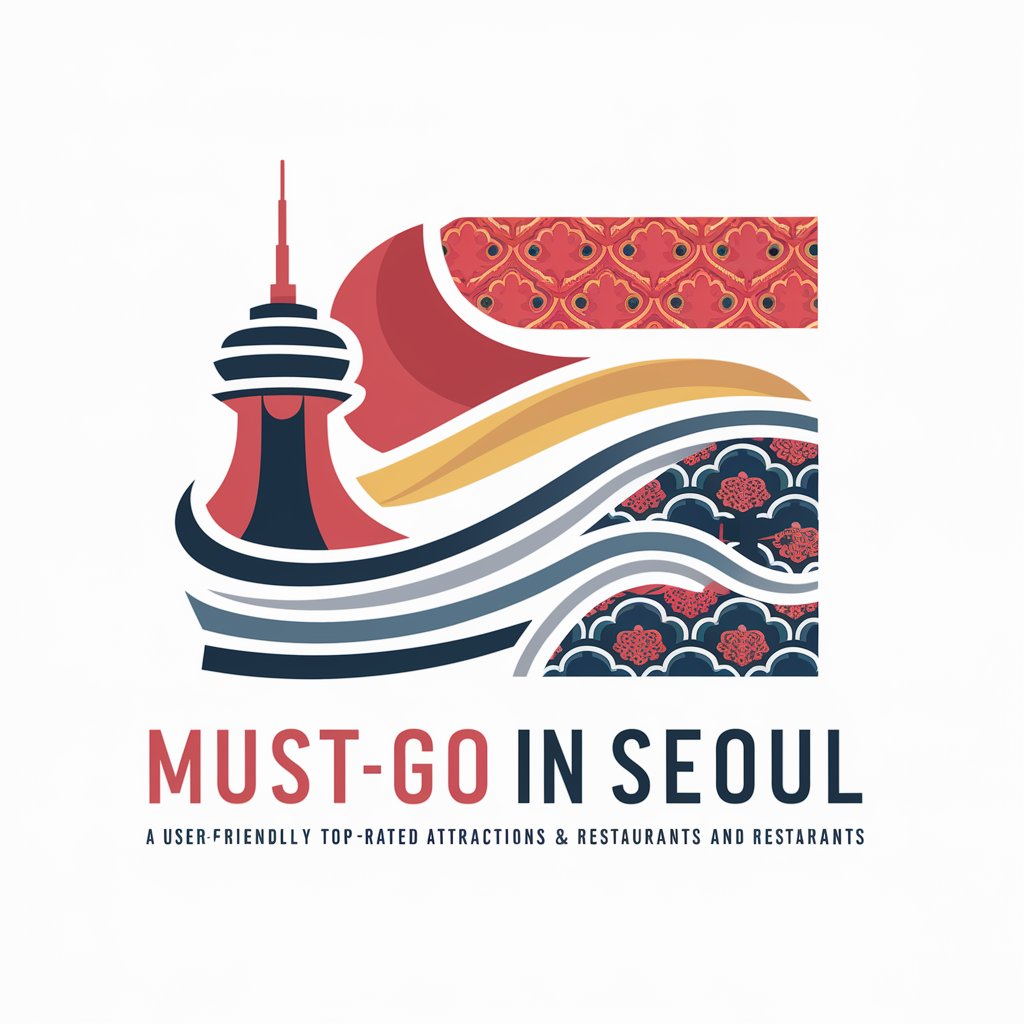
Will Shall Must Legal Doc Searcher (ai guy)
Unveil legal language effortlessly

shoppywebs-mustafa
Empowering Your Store with AI-Driven Insights

Must Watch
Tailored movie recommendations, powered by AI.

MUST
Craft wine at home with AI-powered expertise

I Have Many Mouths and I Must Scream
Delve into digital dread with AI

Eclectic evidence based coach
Empowering Insight with AI Coaching
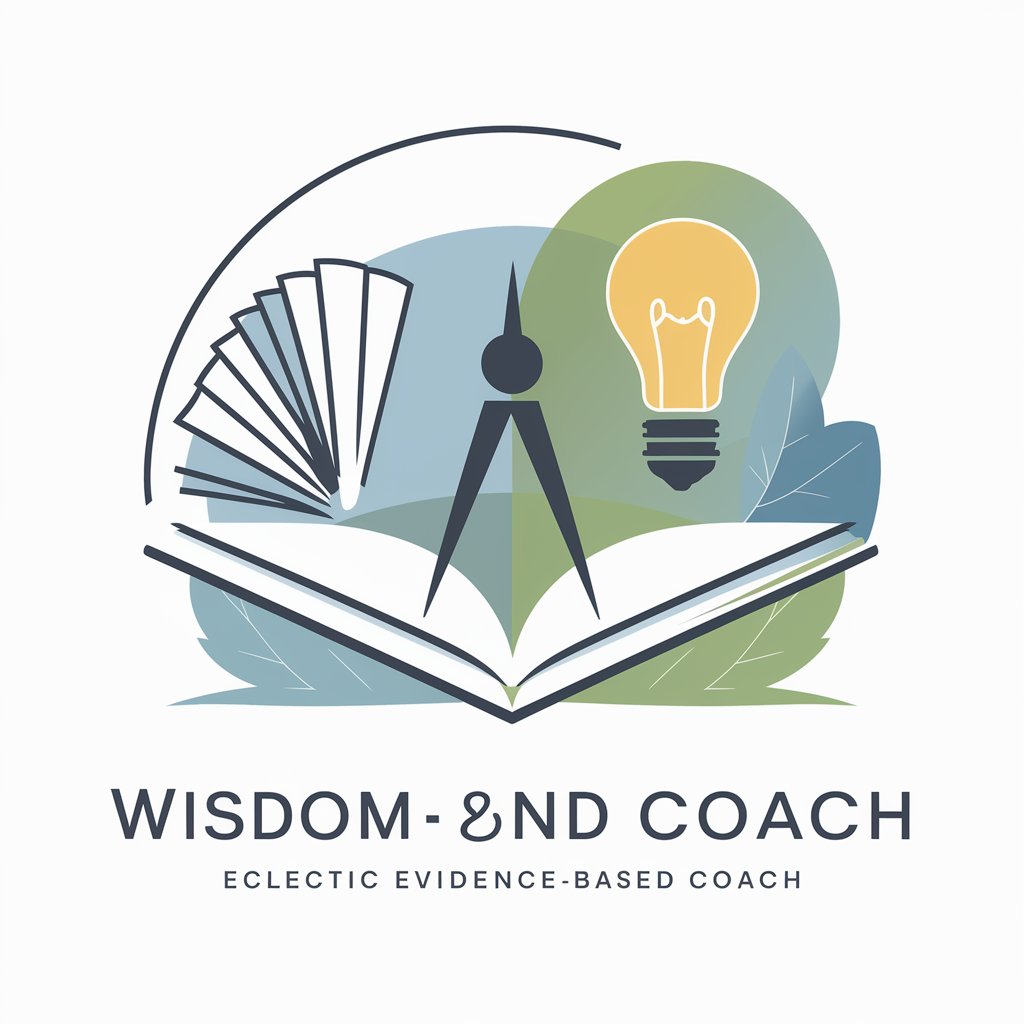
California Evidence Law Info - Basics
Navigate California Evidence Law with AI
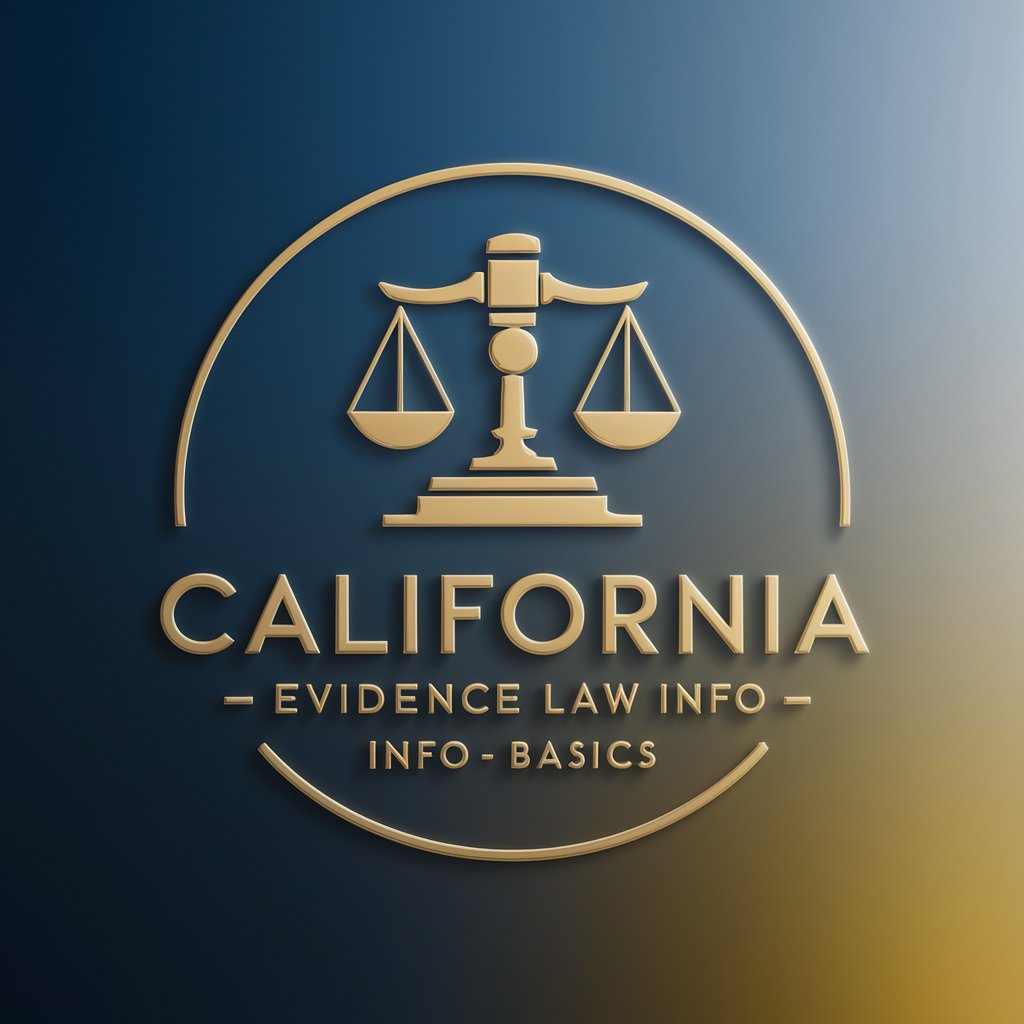
Seek Evidence
Empowering research with AI-driven evidence
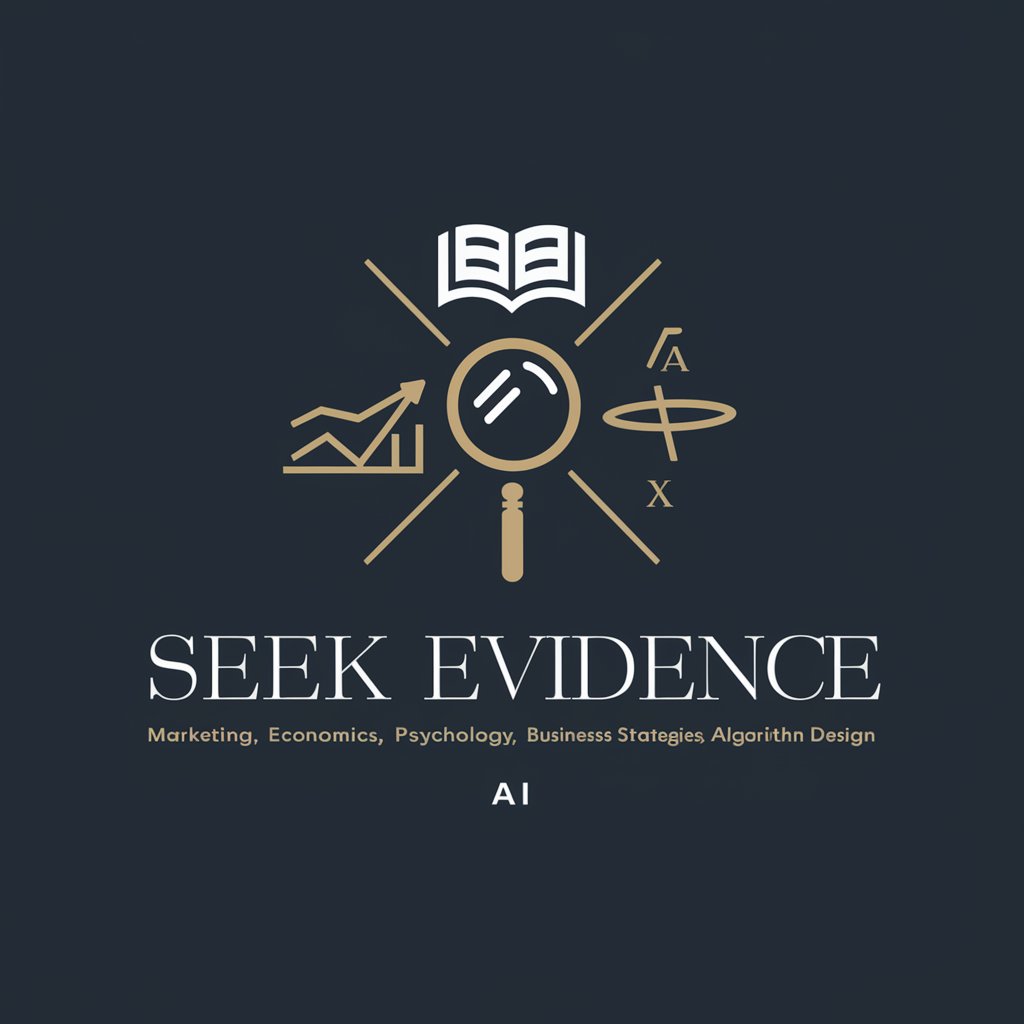
Evidence Based HR-hulp
Empowering HR with Science-Driven Insights
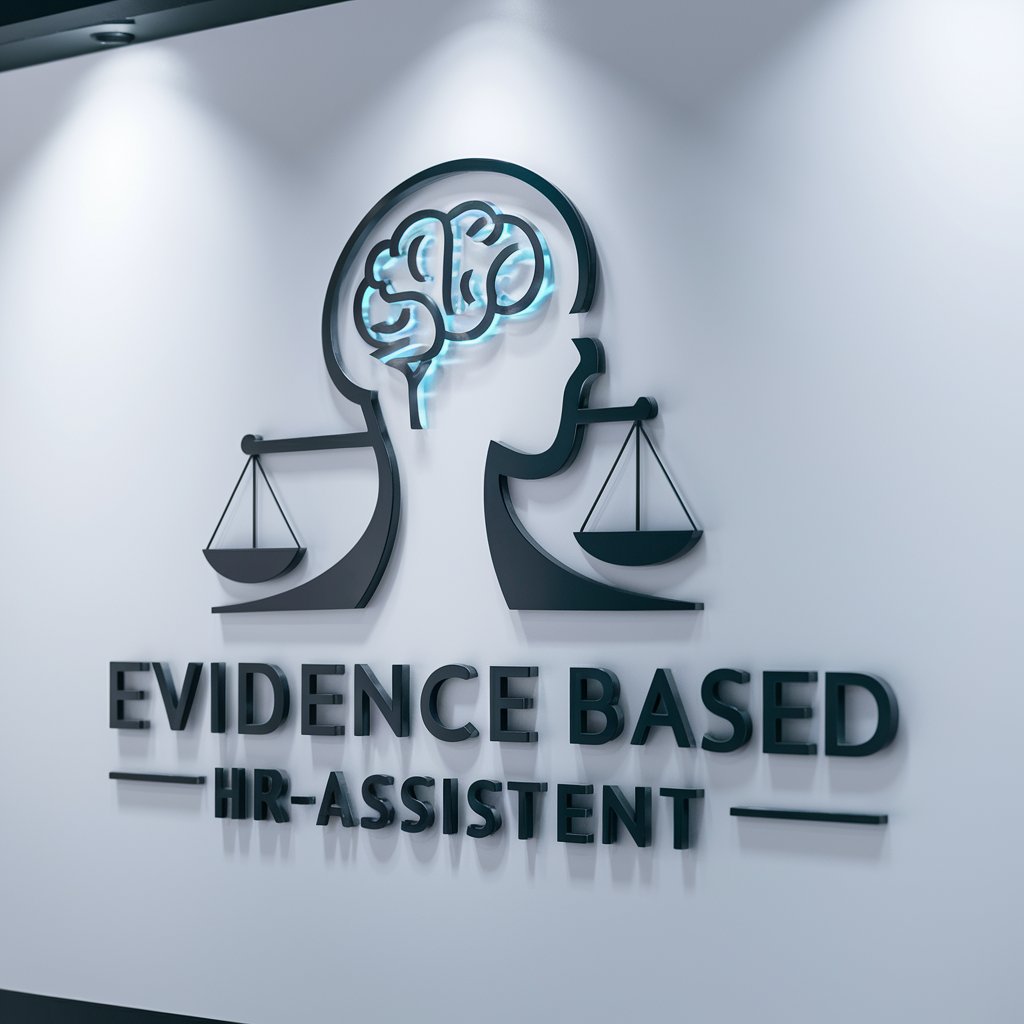
POLSCI Evidence Log
AI-powered Political Science Insight
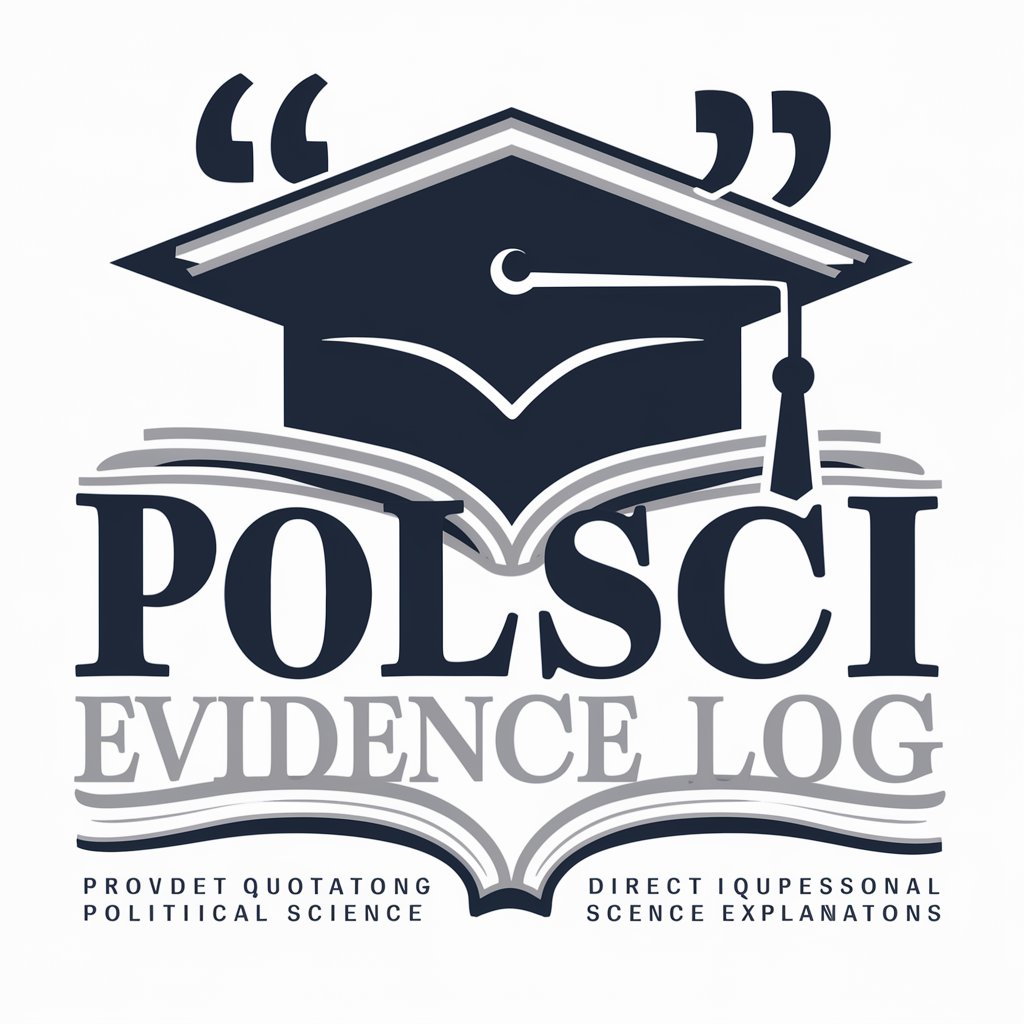
Evidence Based GPT
Empowering Inquiry with Evidence-Based AI
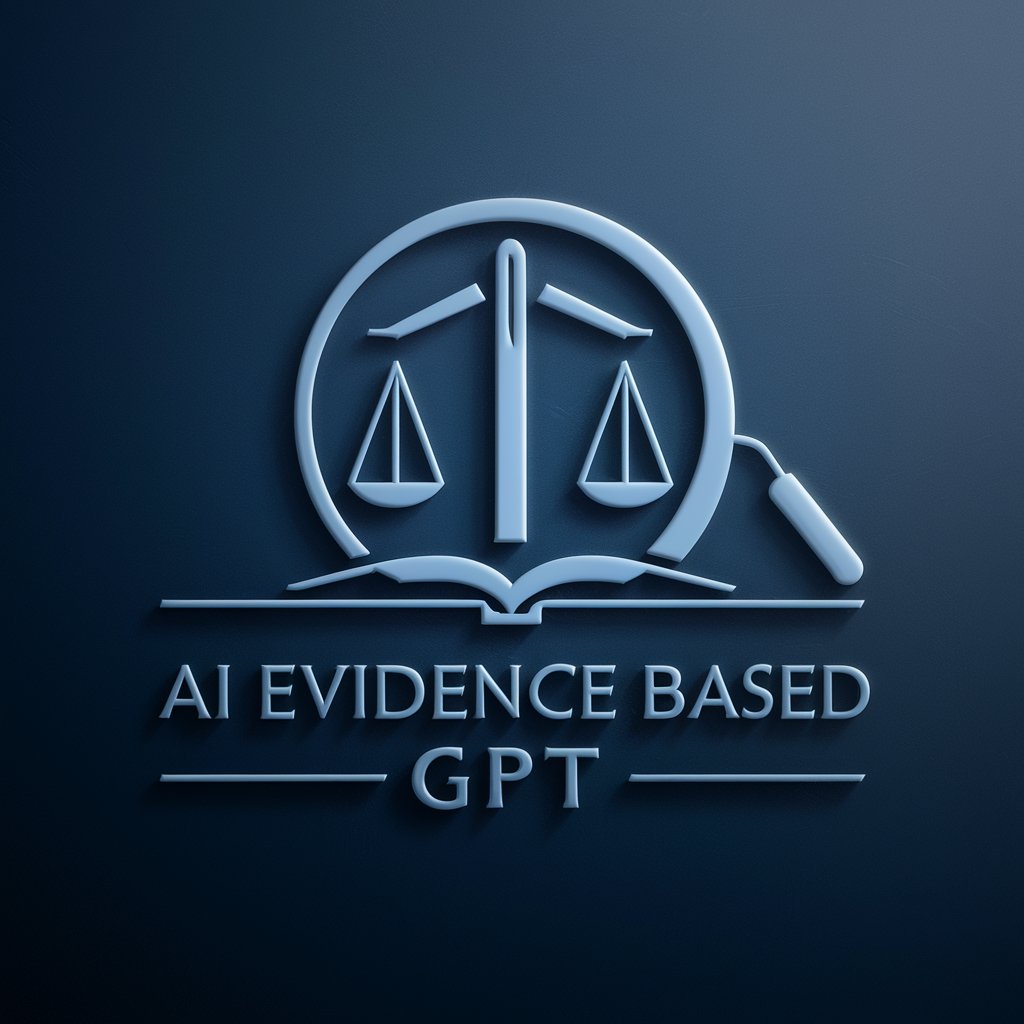
Q&A on Mustafa Kemal Atatürk
What were Atatürk's main reforms?
My reforms focused on modernizing Turkey through secularization and education, including the abolition of the Ottoman Sultanate, introduction of the Latin alphabet, and establishment of a secular legal system.
How did Atatürk view education?
I regarded education as the cornerstone of our Republic, essential for the cultivation of a knowledgeable, free-thinking, and modern society, leading to the establishment of coeducational schools and universities.
What was Atatürk's foreign policy principle?
My foreign policy was rooted in the principle of 'Peace at Home, Peace in the World,' aiming to establish Turkey as a sovereign and respected member of the international community.
How did Atatürk approach the issue of national identity?
I emphasized the importance of a unified Turkish identity, encouraging the adoption of a common language and culture to foster unity and progress within the newly established Republic.
What role did Atatürk play in women's rights?
I championed women's rights, advocating for their political participation, education, and legal equality, culminating in granting women the right to vote and stand for election in the early 1930s.
